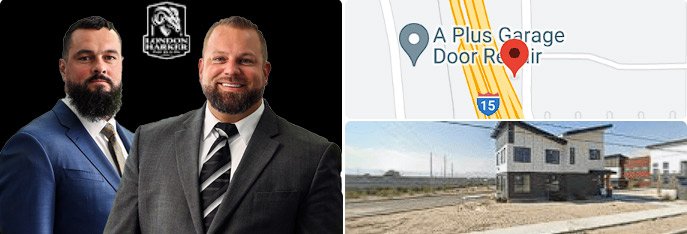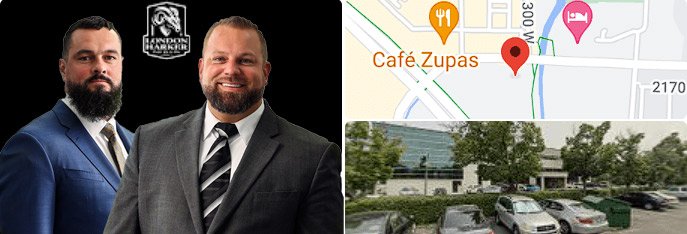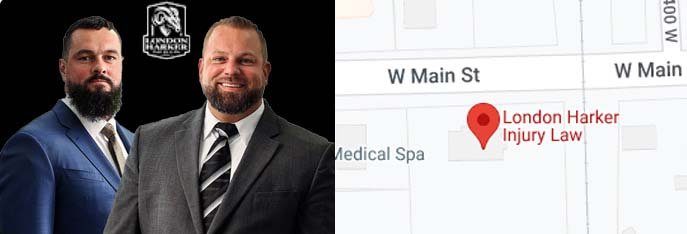Posted on Tuesday, September 10th, 2024 at 9:00 am
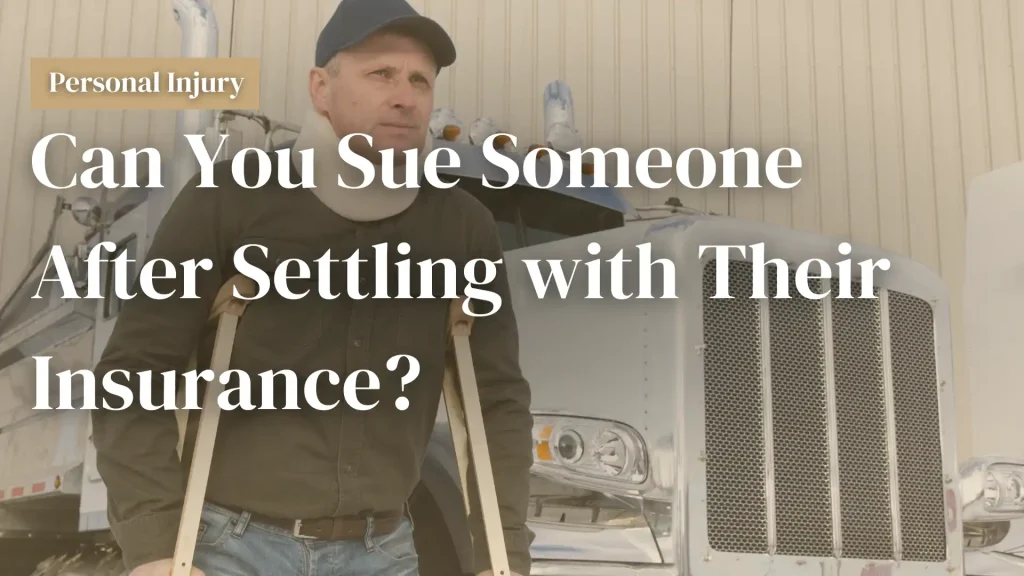
When you suffer an injury due to someone else’s negligence, dealing with their insurance company can be overwhelming, and you may not feel like you got a good deal. But can you sue someone after settling with their insurance company? Unfortunately, most of the time, the answer is no.
There are a few exceptions to this rule. However, it’s in your best interest to understand the implications of settling your claim before you choose to do so. An experienced Utah personal injury attorney can protect your rights by advising you against entering into an unfair settlement agreement.
Release of Liability Waivers
The primary reason for being unable to sue someone after settling with their insurance company is the release of liability waiver. When you settle with an insurance company, you typically sign one of these forms. It’s a legal document stating that you agree to release the insurance company’s client from any future claims related to the incident.
Once you accept the settlement offer and sign the release, you usually forfeit your right to sue the at-fault party for the same incident. This release is a key part of most settlements, and signing it is often a condition for receiving compensation.
It’s also important to understand that this waiver releases both the at-fault party and their insurance company from further liability. The waiver will typically cover all potential claims that could arise, including those associated with known and unknown injuries or losses.
However, there are certain exceptions and circumstances where additional legal action might be possible even after signing a release of liability.
Exceptions That Allow Additional Legal Action
Despite the general rule that you cannot sue after settling with an insurance company, there are specific scenarios where you might have the right to pursue further legal action.
Fraud
You might have grounds to void the settlement if the at-fault party or their insurance company provided fraudulent information during settlement negotiations. Fraud could include misrepresenting the facts surrounding the incident, hiding knowledge the at-fault party had of the incident, or even the settlement’s terms.
In these cases, you could challenge the settlement agreement in court, and if you prove fraud took place, the court could invalidate the release of liability. Invalidating the release would allow you to sue the at-fault party despite initially settling your claim.
Breach of Contract
Another exception is if the at-fault party or their insurance company breaches the terms of the settlement agreement. For example, in a premises liability case, the settlement agreement may state that the at-fault party must take steps to eliminate the hazard on their property. If they fail to do so, they could breach the agreement.
If the insurance company doesn’t pay the full amount of your settlement, or if it doesn’t pay your settlement within a timely manner, that could also be a breach of the agreement. When this happens, it’s vital that you speak with your attorney so they can first petition the court to enforce the agreement before you consider further legal action.
Should the court fail to enforce the agreement, a breach of contract can lead to the nullification of the release of liability, opening the door for a new lawsuit. You may also be able to seek additional damages related to the breach.
New Evidence
In some rare cases, you may be able to take further action after discovering additional injuries or damages that you didn’t know about at the time of the settlement. However, this can be challenging, considering most release of liability waivers specifically mention future claims related to the same incident.
An example that could overturn your settlement is if you suffered a head injury that led to severe impairment years later. Traumatic brain injuries (TBIs) are not always immediately apparent, so speaking to an attorney is essential when it comes to head injuries.
Understanding When to Settle Your Claim
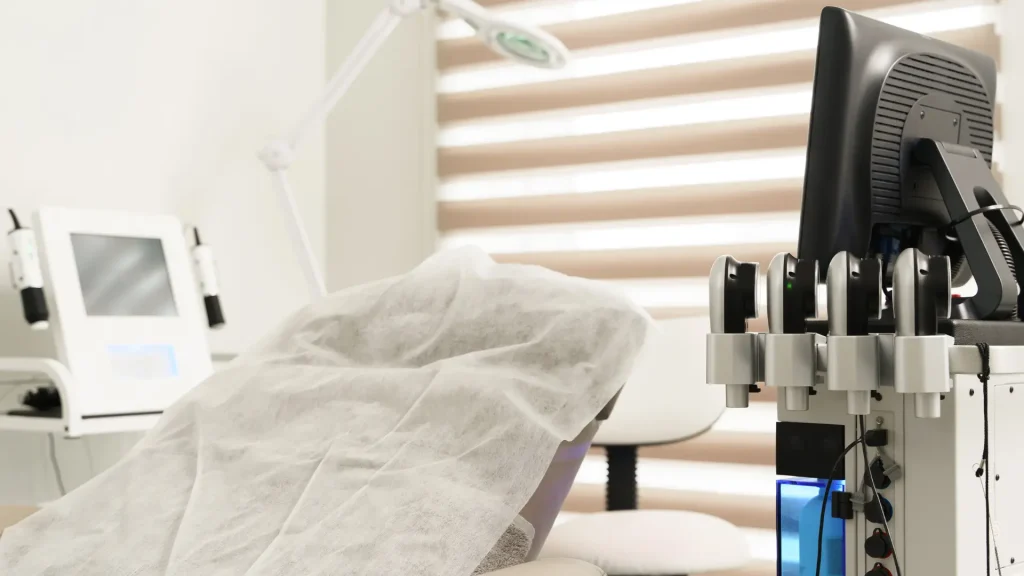 You shouldn’t take the process of settling your personal injury claim lightly, as it can drastically impact your medical and financial future. A personal injury attorney can assist you in understanding when to settle your claim.
You shouldn’t take the process of settling your personal injury claim lightly, as it can drastically impact your medical and financial future. A personal injury attorney can assist you in understanding when to settle your claim.
Understanding the Scope of the Settlement
Before accepting any settlement offer, make sure you understand what it covers. Does the settlement amount cover your existing medical bills? Does it cover your expected future medical expenses related to your injury?
Some injuries require long-term care or lengthy treatments. You’ll want to ensure the settlement accounts for this when you pursue compensation so you won’t run out.
Identifying Whether There Are Any Other At-Fault Parties
Multiple parties may sometimes be at fault for the incident that caused your injuries. Before you settle with one party, it’s important to identify if there are others you may be able to bring a lawsuit against, as well. Part of your attorney’s job is identifying these other defendants if any exist.
Once you know how many potential defendants there are, your attorney can calculate how much compensation you should seek from each.
Waiting Until Reaching Maximum Medical Improvement
Maximum medical improvement (MMI) is the point at which further treatment is unlikely to improve your condition. It’s essential to wait until MMI is reached before settling your claim because it will give you a better idea of your future medical costs.
The last thing you want is to settle your claim and then discover complications with your treatment that will increase the price. By waiting until you reach MMI, you can effectively decrease the chance of this happening. Speak to your doctor about your condition to determine if you are at MMI.
Contact London Harker Injury Law to Speak with a Utah Personal Injury Attorney
If you suffered an injury resulting from someone else’s negligence, you should seek legal support from an experienced Utah personal injury lawyer to make the most of your legal case.
Contact London Harker Injury Law at 77CARCRASH for a free consultation with one of our lawyers. Our attorneys have the legal knowledge and proven track record to answer your questions, explain your legal options, and work with you to help you take additional legal action if you already settled with the insurance company.
